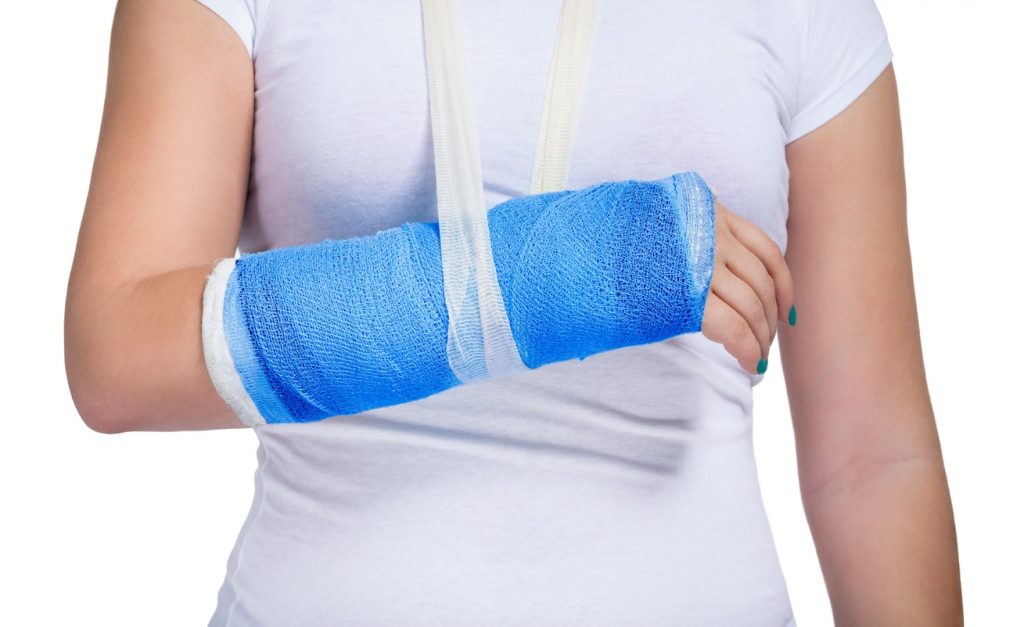Family Support Care
If you’ve been injured, sometimes you may need care to get over your medical treatment, or sometimes the injuries are so severe that you need ongoing care. Often, caring responsibilities fall to family members. This can also mean that they have to take time off work, resign from work altogether, or make alternative arrangements for the care of dependent children because they need to spend time caring for you.
Understandably, this can cause financial and emotional strain on the whole family unit. So what happens if a family member spends their own time to assist in your recovery?
Injured person and entitlement to claim
If you have been injured because of someone else’s negligence, and are in need of care or support, you can make a claim for care. The claim can be for care that has already been provided or is likely to be provided in the future. A spouse, domestic partner or other family member must provide the care.
When will a court make the order?
A court may make an order that allows your claim for care if your family member has been caring for you for free (“gratuitous assistance”). The services must also be reasonably required so that you receive proper care. You will need to show evidence to the court that if the services were not provided by your family member, they would have to be provided by someone else in a paid position, for example a professional carer.
What services are included?
A wide range of services can be included when the court considers a claim for care by a family member. For example, daily living activities such as:
- Cooking
- Cleaning
- Gardening
- Transportation
- Assistance with self-hygiene.
The extent of the services will depend on the nature of the injury.
If you have been hospitalised for a long period, you can also claim for the inconvenience to a family member, spouse or domestic partner for having to visit you in hospital.
Are there any limits?
Not all care is claimable. If the person providing the care is your spouse or domestic partner, you must have lived together as a couple for at least three years before the injury occurred.
What should I do to claim?
It’s really important that if you have been injured, you (or someone close to you) keep a diary of all the times, dates and services that a loved one has provided care for you. You should do this regardless of whether you intend to claim for care. If you don’t intend to claim but later change your mind, you have at least kept your options open along the way.
A diary can help prove a claim for services already provided. When it comes to a claim for future services, a court will use medical evidence and mathematical equations to work out your entitlement.
If your injuries are so significant that you will require someone to provide you with ongoing care, you may be entitled to a large amount of compensation for future gratuitous care.
Calculating an entitlement is a complicated process and legal advice is essential to ensure that you are claiming everything to which you’re entitled. Websters Lawyers has an outstanding team of public liability and personal injury compensation lawyers who can help. Contact us today for a free initial consultation and enquire whether a No Win No Fee arrangement applies to your situation.













